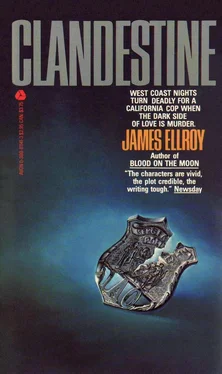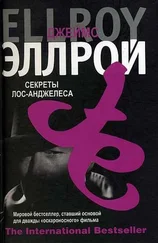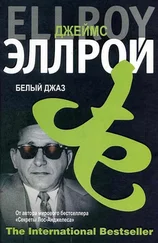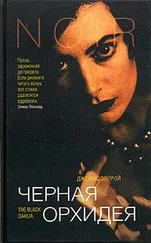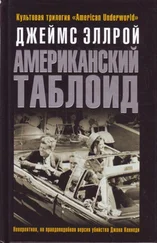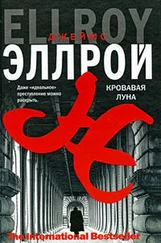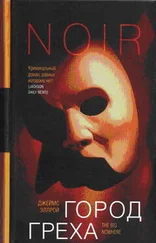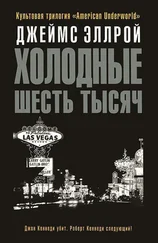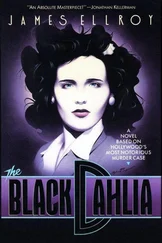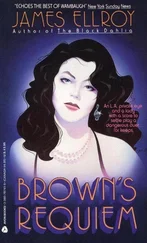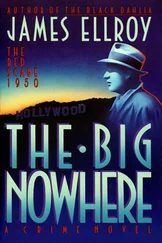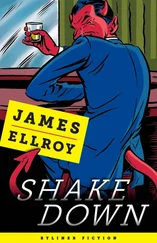And I made collars, good ones. I found myself a cracker-jack snitch, a crazy-acting old shoeshine man who hated hopheads and pushers. Willy saw and retained everything, and he had the perfect cover. The neighborhood pimps, lowlifes, and pushers came to him to “glaze their alligators,” and they talked freely in front of him — he was considered to be a blubbering idiot, rendered that way by thirty years of sniffing shoe polish.
He went along with the act, working for peanuts at his shine stand and selling information to me for a sizable chunk of my pay. Through Willy I was able to effect the arrest of a whole slew of grasshoppers and heroin pushers, including a guy wanted on a murder warrant back east.
Norsworthy resented my successes, feeling that I had usurped his power, making his fitness reports look bad by comparison. I felt his resentment and his frustration building. I knew what he was going to do, and took immediate steps to circumvent it.
I went to the commander of the detective squad and leveled. I told him of the collars I had given his men, and how I obtained the information that led to them — I had been walking my beat, at night, alone, free of my intrusive patrol partner.
The grizzled, skinny old lieutenant liked this. He thought I was a tough guy. I told him old big-dick Bob Norsworthy was about to blow all this to hell, that he was pissed off and wanted to horn in on my action, and was about to rat on me to Captain Jurgensen for ditching out on the beat.
The old lieutenant shook his head. “We can’t let that happen, can we, son?” he said. “As of now, Underhill, you are the only solitary foot patrolman in this station. God have mercy on your soul if you ever run into trouble, or if Norsworthy ever quits the department.”
“Thanks, Lieutenant,” I said, “you won’t regret it.”
“That remains to be seen. One word of advice, son. Watch out for ambition. Sometimes it hurts more than it helps. Now close the door behind you, I want to turn on my fan.”
I was at home the following Wednesday frying Night Train his morning hamburger when he brought me the news that was to change my life forever.
My landlady, Mrs. Gates, had been complaining about Train chewing up her plants, shrubs, garden chairs, newspapers, and magazines. She was a dog lover, but frequently told me that Night Train was more “voodoo beast” than dog, and that I should have him “fixed” to curb his rambunctiousness. So when I heard a shrill, “Mr. Underhill!” coming from the front lawn, I put on my widest smile and walked outside ready to do some placating.
Mrs. Gates was standing above Night Train, swatting him with a broom. He seemed to be enjoying it, rolling in the grass on his back with the morning paper wedged firmly between his salivating jaws.
“You give me my paper, voodoo dog!” the woman was shouting. “You can chew it up when I’m finished reading it. Give it to me!”
I laughed. I had come to love Night Train in the months since Wacky’s death, and he never failed to amuse me.
“Mr. Underhill, you make that evil dog stop chewing my newspaper! Make him give it to me!”
I bent down and scratched Night Train’s belly until he dropped the paper and started to nuzzle me. I flipped it open to show Mrs. Gates that no damage had been done, then caught the headlines and went numb.
“Woman Found Strangled in Hollywood Apartment” it read. Below the headline was a photograph of Maggie Cadwallader — the same Maggie with whom I had coupled in February, shortly before Wacky’s death.
I pushed Train and the caterwauling Mrs. Gates away, then sat down and read:
A young woman was found strangled to death in her Hollywood apartment late Monday night by curious neighbors who heard sounds and went to investigate. The woman, Margaret Cadwallader, 36, of 2311 Harold Way, Hollywood, was employed as a bookkeeper at the Small World Import-Export Company on Virgil Street in Los Angeles. Police were summoned to the scene, and the woman’s body was removed pending an autopsy. However, assistant L.A. County medical examiner David Beyless was quoted as saying, “It was a strangulation, pure and simple.” Detectives from the Hollywood Division of the Los Angeles Police Department have sealed the premises, and are looking at burglary as the motive.
“I think the woman was killed when she awakened to her apartment being ransacked. The state of the apartment confirms this. That will be the starting point of our investigation. We expect a break at any time,” said Sgt. Arthur Holland, the officer in charge.
The victim, originally from Waukesha, Wisconsin, had been a resident of the Los Angeles area for two years. She is survived by her mother, Mrs. Marshall Cadwallader, of Wauke sha. Friends from her place of employment are tending to the funeral arrangements.
I put the newspaper down and stared at the grass.
“Mr. Underhill? Mr. Underhill?” Mrs. Gates was saying. I ignored her and walked back to my apartment and sat on the couch, staring at the floor.
Maggie Cadwallader, a lonely woman, dead. My one-night conquest, dead. Her death was not unlike that of the woman whose body Wacky and I had discovered. Probably the deaths were unrelated, yet there was the slightest bit of physical evidence linking them: I had met Maggie at the Silver Star. Her first time, she told me. But she may well have returned, frequently. I wracked my brain for the name of the woman whose body Wacky and I had found, and came up with it: Leona Jensen. She had had matches from the Silver Star in an ashtray filled with matchbooks. It was slight, but enough.
I changed clothes, putting on my light blue gabardine summer suit, made coffee and mourned for Maggie — thinking more of her little boy in the orphanage back east who would never see his mother. Maggie, so lonely, so much in need of what I and probably no man could have given her. It was a sad night I had spent with her. My curiosity and her loneliness had been left unresolved, anger on her part and self-disgust the only resolution on mine. And now this, leaving me feeling somehow responsible.
I knew what I had to do. I had three quick cups of coffee and locked Night Train in the apartment with a half-dozen big soup bones, then got my car and drove to my old home, Wilshire Station.
I parked in the Sears lot a block away and telephoned the desk, asking for Detective Sergeant DiCenzo. He came on the line a minute later, sounding harried. “DiCenzo here, who’s this?”
“Sergeant, this is Officer Underhill. Do you remember me?”
“Sure, kid, I remember you. You got famous right after I met you. What’s up?”
“I’d like to talk to you briefly, as soon as possible.”
“I’m gonna get lunch in about five minutes, across the street at the Shamrock. I’ll be there for the better part of an hour.”
“I’ll be there,” I said, then hung up.
The Shamrock was a bar-lunch joint specializing in corned beef sandwiches. I found DiCenzo at the back, wolfing a “special” and chasing it down with a beer. He greeted me warmly. “Sit down. You look good, college man. Too bad about your partner. Where you been? I ain’t seen you around.”
I filled him in as quickly as I could. He seemed satisfied, but surprised that I liked working in Watts.
“So what do you want, kid?” he asked finally.
I tried to sound interested, yet offhand. “You remember that dead woman my partner and I found on Twenty-eighth Street?”
“Yeah, a beautiful young dame. A real pity.”
“Right. I was wondering what the upshot of your investigation was. Did you ever find the killer?”
DiCenzo looked at me curiously. “No, we never did. We rousted a lot of burglars, but no go. We checked out the dame’s personal life, which was nothing hot — no enemies, all her friends and relatives had alibis. That print you circled on the wall belonged to the dame herself. We got a couple of dozen crazies who confessed, but they were just nuts. It’s just one of those things, kid. You win some, you lose some. How come you’re interested?”
Читать дальше
